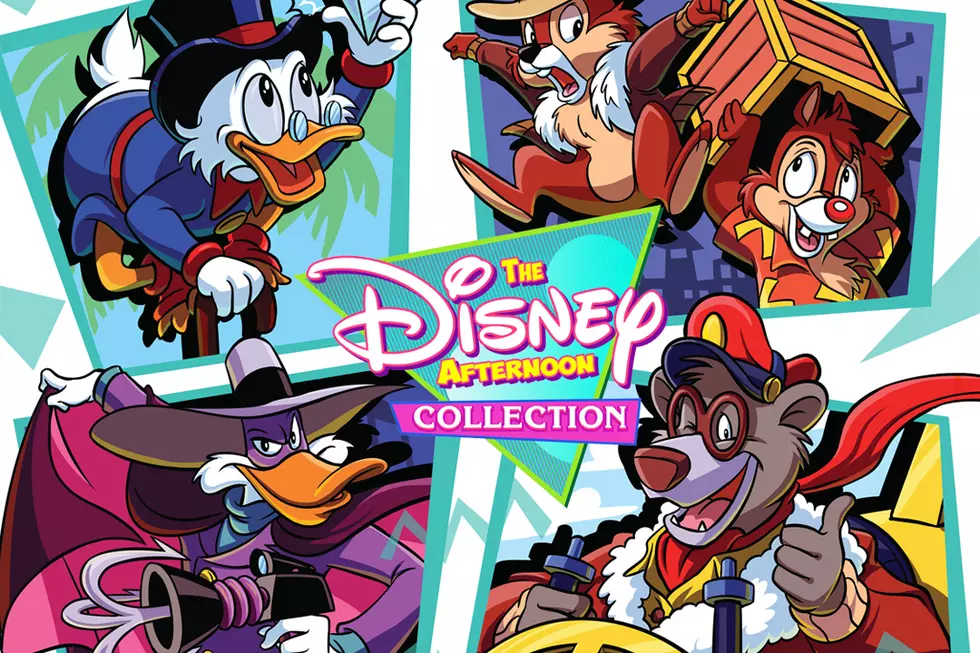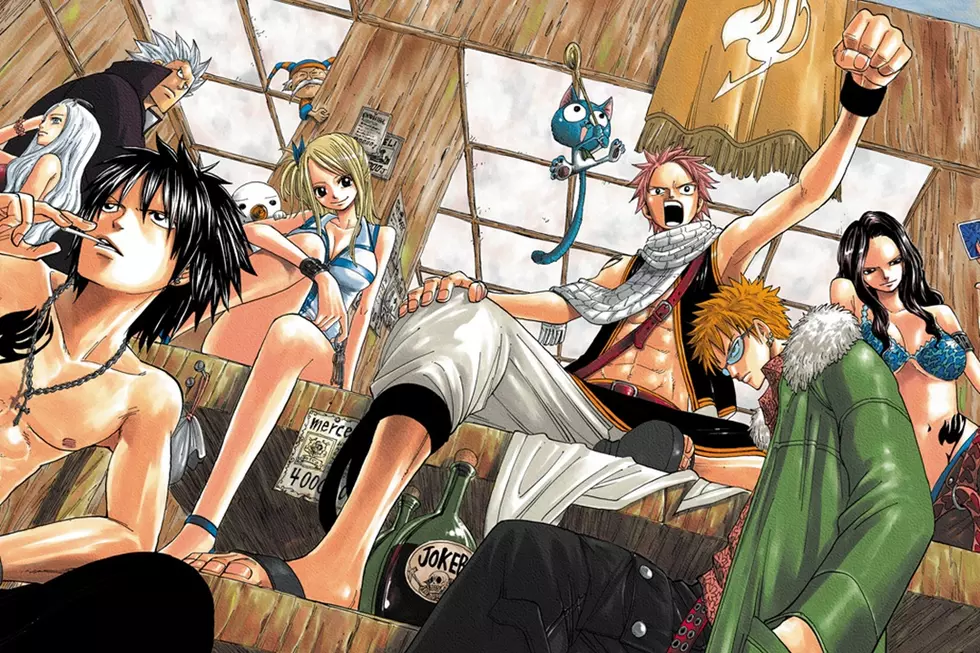
‘Monster Hunter: Flash Hunter’ Sticks To Its Source, And That’s The Problem
A huge hit in Japan with a fervent American fanbase, the Capcom JRPG franchise Monster Hunter is exactly what it sounds like; in a world full of giant monsters, players known as Hunters team up in Guilds to kill them for fun and profit.
Capcom is pushing Monster Hunter hard in the West. An anime based on the franchise airs this year, and Capcom has partnered with Viz to translate Monster Hunter: Flash Hunter for American audiences. A 2011 manga by Shin Yamamoto, it's based on Keiichi Hikami's Monster Hunter Episode light novels (illustrated short novels aimed at young adults), which tell short stories of different hunters.
But while Yamamoto's artwork is technically impressive and the story has an intriguing setup, ultimately this first volume doesn't offer much incentive for non-fans.
The story starts out in media res as hothead Raiga (the guy on that cover with the great sword), levelheaded Keres, and the easygoing, kind of dim Torche embark on their last hunt together. Despite Raiga's recklessness setting them back, they succeed in a pretty impressive fight. The story then flashes back to how these three met, and what caused them to rally together.
While the contrast between these three kids as seasoned teammates and clashing loners is a neat hook, the book unfortunately doesn't sell it. The story is unengaging, and it feels like Yamamoto wanted to skip past whatever character building moments the light novel had to get to the big battle sequences.
But he stumbles there too. While the monsters and armor designs are all no doubt franchise-accurate and very well drawn, Yamamoto can't make any of them work in fight scenes. Further, he keeps relying on confusing splash pages; it's hard to tell where one fighter ends and the other begins.
Monster Hunter fans and the curious are much better off seeking out Hiro Mashima's Monster Hunter Orage, brought Stateside in 2011 by Kodansha Comics after running in Japan in 2008. At only four volumes, the story moves at a quick pace and is classic shonen manga through and through. But it works because Mashima not only has huge passion for the world he's playing in, but he was allowed to both work in his signature style and create his own monsters.
As a result, Orage is a fun story in its own right and an invite into the world of Monster Hunter. By contrast, Flash Hunter feels leaden down by corporate obligations and a need to please existing fans.
Monster Hunter: Flash Hunter is available digitally and in print. A copy of this book was provided for review by the publisher.
More From ComicsAlliance









